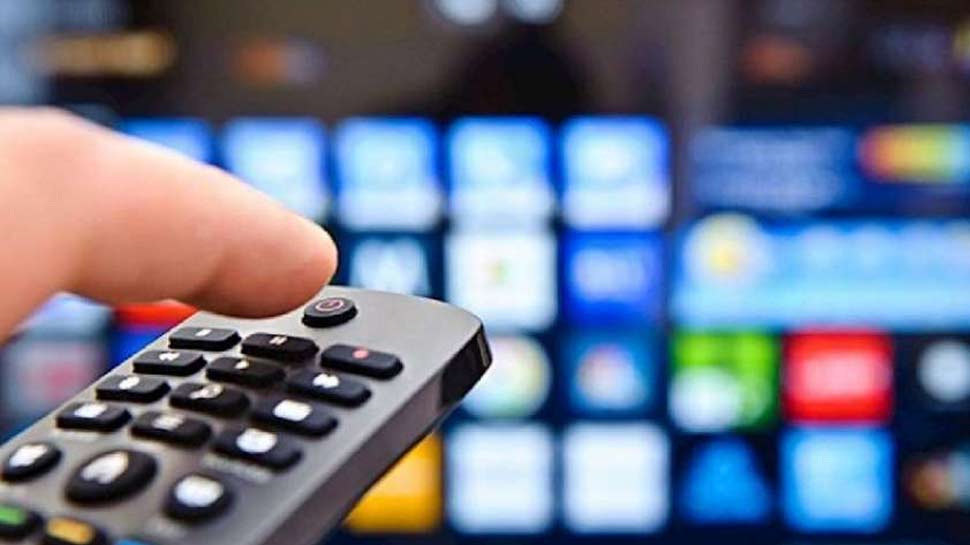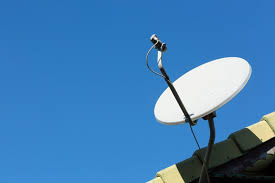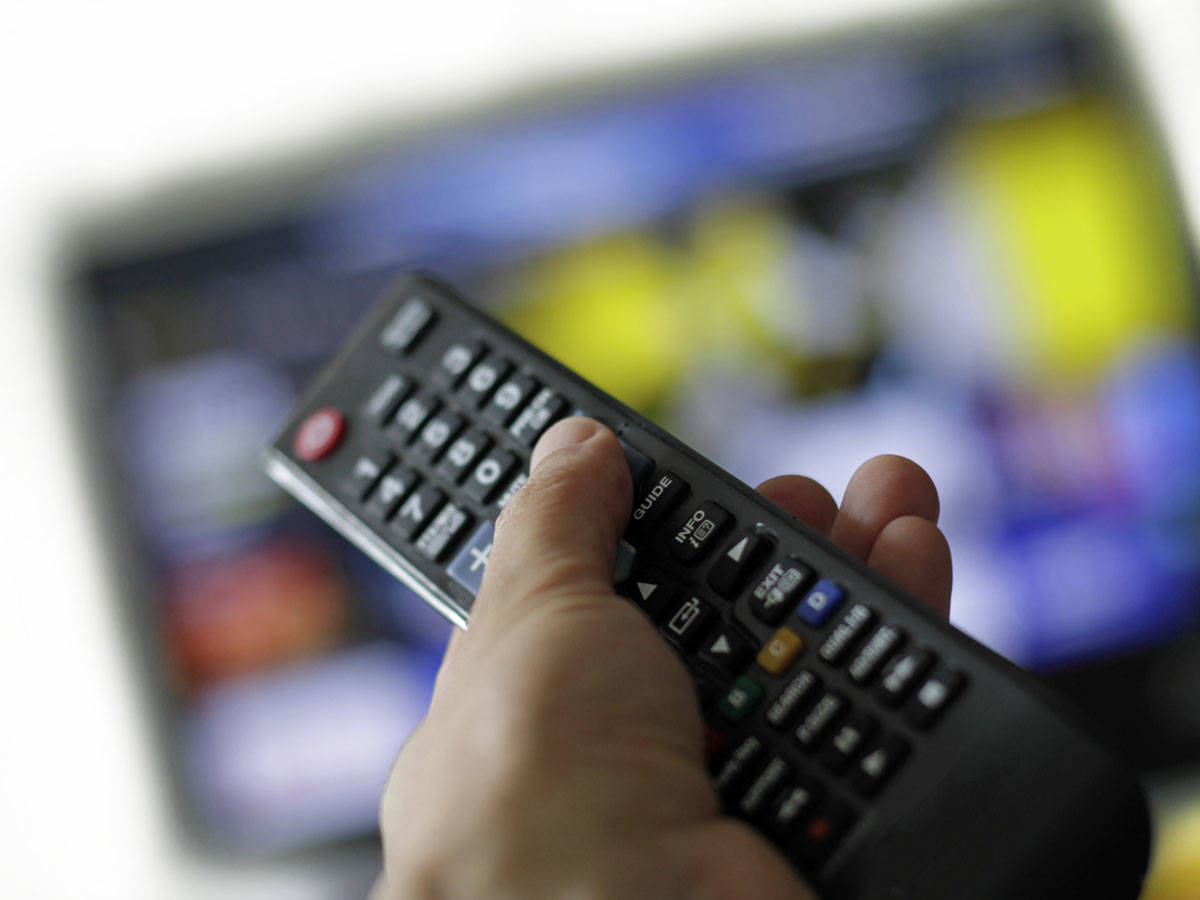The first order approximation, as per the Telecom Regulatory Authority of India is all set to come into effect from 1st January. The notification mentions that there would be a hike in the price for cable and DTH (direct to home) bills for the consumers of India.
This new tariff order gives the customers the option to pay only for their preferred channels. The respective broadcasters will be needed to set up a maximum retail price (MRP) which will ensure the customers to pay only a respective channel or preferred packages.
The TV networks have significantly increased their rates in the past few days. All these channels are priced with the MRP as of the TV channels. The famous and essential broadcasters have introduced packages in which they have included the unnecessary and unpopular channels with that of the popular ones. Thus, the MRP rates tend to increase more than the usual.
With this new movement, TRAI ensures a complete transparent framework, fair choices for the consumers and essential deals distributed evenly to the customers.
DTH Bills: TRAI concerns
The Chairman of TRAI, RS Sharma came forward to talk of the issue and said, “Customers should get the choice to select the channels they want to view and no channel should be shoved down the throat of the customer.”

The customers may not get any discounts on the bouquets. The price for the popular channels have been set to Rs 15-19 (depending on the popularity) by the broadcasters. So, if any customer wants to enjoy more channels, they will need to pay the same amount as their recent monthly bill.
DTH Bills: DishTV Concerns
In the late November this year, Jawahar Goel, MD and Chairman of DishTV wrote a letter to TRAI expressing concerns of the increasing fees. In his letter he mentioned about the huge taxes that the company needed to pay due to which they were at a loss. He talked about the deduction in the fees while the DTH licence calculation.

In the letter Goel wrote, “The change in the position of Trai though was a shift from its earlier stand of payment of licence fee on AGR. However, it had been recognised that DTH players should be given some level playing field as compared to its competitors since the effective licence fee by this method would have almost remained the same as was in the case of 8% of AGR.” Goel further mentioned about the heavy subscription charges. He mentioned, “With the implementation of the new regime, the role of the digital platform operator (DPO) shall become limited to the extent of a pipe/network through which channels/bouquets will be offered to the consumers….all the DPOs including DTH operators will act as mere collection agent of the broadcasters.”
He also recommended about the changes to be brought in the TRAI regulations. He said, “The broadcasters and DTH operator are one and the same. Both of them transmit the signal, though a satellite and make them available for the purpose of reception. In this aspect both stand in the same category and on the same footing.”
Thus, the implementation of the higher DTH bills since the New Year, would ensure fair chances to the public regarding the fee payment.




















